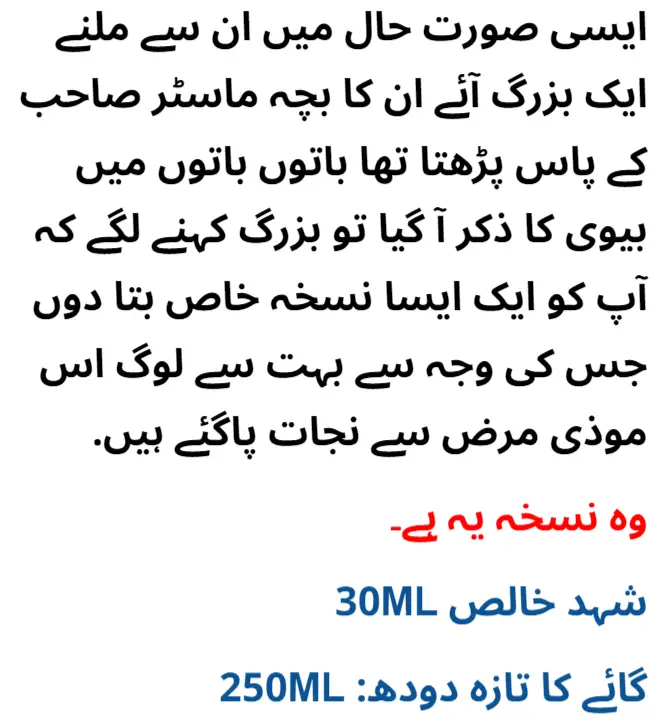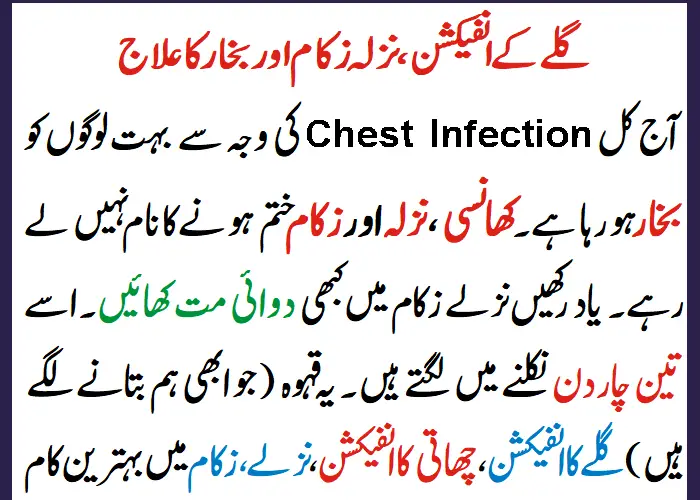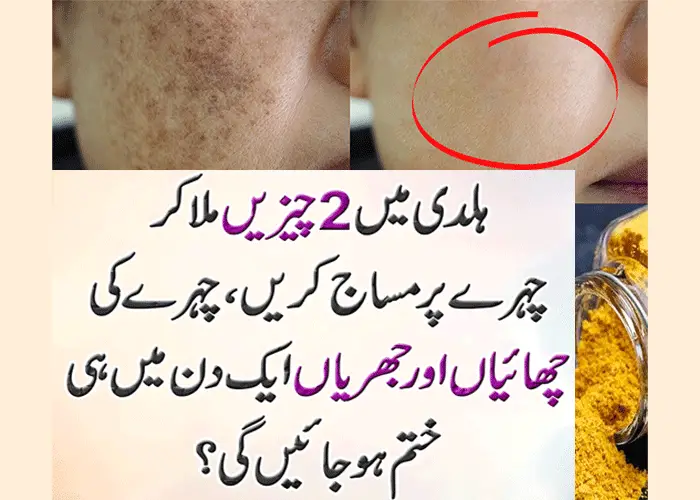
Piles, also known as hemorrhoids, can be a source of discomfort and concern for many individuals. These swollen blood vessels in the rectum and anus can cause pain, itching, and bleeding. Hemorrhoids are not usually a serious condition. In most cases, piles will clear up on their own within a week or two.
However, they can be painful and uncomfortable. In some cases, hemorrhoids can lead to complications such as bleeding or infection. In this comprehensive guide, we’ll explore the causes, symptoms, treatment options, and home remedies, and address frequently asked questions about piles.
Piles Treatment with Home Remedies (Urdu)




Causes of Piles
Understanding the root causes of hemorrhoids is crucial for effective management. Piles often develop due to increased pressure on the veins in the rectal area. Common causes include:
Straining during bowel movements: Prolonged and strenuous pushing during bowel movements can lead to the development of hemorrhoids.
Chronic constipation or diarrhea: Irregular bowel habits can contribute to the formation of hemorrhoids by putting stress on the rectal veins.
Obesity: Excess body weight can increase pressure on the pelvic region, leading to the development of piles.
Pregnancy: The pressure exerted by the growing uterus on the pelvic blood vessels can contribute to the onset of hemorrhoids.
Symptoms of Hemorrhoids
Identifying the symptoms of piles early on is crucial for prompt intervention. Common symptoms include:
Pain or discomfort during bowel movements: Individuals with hemorrhoids may experience pain or discomfort while passing stools.
Itching or irritation: Persistent itching in the anal region can be a sign of piles.
Bleeding: Piles can cause bleeding during bowel movements, leading to the presence of blood in the stool or on toilet paper.
Swelling or lumps: Swollen blood vessels may result in lumps around the anus, contributing to a feeling of fullness.
Treatment Options for Hemorrhoids
Several treatment options are available to manage hemorrhoids, depending on the severity of the condition. These include:
Lifestyle modifications: Adopting a high-fiber diet, staying hydrated, and maintaining regular bowel habits can help prevent and alleviate hemorrhoids.
Topical treatments: Over-the-counter creams and ointments can provide relief from itching and discomfort associated with piles.
Sitz baths: Soaking the affected area in warm water can help reduce swelling and alleviate symptoms.
Medications: Over-the-counter pain relievers, such as acetaminophen or ibuprofen, can help manage pain and inflammation.
Medical procedures: In severe cases, medical interventions such as rubber band ligation, sclerotherapy, or surgical procedures may be recommended.
Home Remedies for Hemorrhoids
In addition to medical interventions, certain home remedies can provide relief and support the healing process:
Warm compresses: Applying a warm compress to the affected area can help reduce swelling and alleviate pain.
Aloe vera gel: The soothing properties of aloe vera can provide relief from itching and irritation associated with piles.
High-fiber diet: Consuming a diet rich in fruits, vegetables, and whole grains can promote regular bowel movements and prevent constipation.
Hydration: Staying well-hydrated is essential for maintaining soft and regular stools, reducing the risk of straining during bowel movements.
Exercise: Regular physical activity can help improve blood circulation and prevent constipation, contributing to overall colon health.
Frequently Asked Questions (FAQs) About Hemorrhoids
Q: Can piles be prevented? A: Yes, adopting a healthy lifestyle with a high-fiber diet, regular exercise, and proper hydration can help prevent the onset of piles.
Q: Are there any home remedies for immediate relief from pain? A: Yes, warm compresses, sitz baths, and over-the-counter creams can provide immediate relief from pain and discomfort.
Q: When should I seek medical attention for hemorrhoids? A: If symptoms persist, or worsen, or if you notice persistent bleeding, it is advisable to consult a healthcare professional for a proper diagnosis and treatment plan.
Q: Can piles go away on their own? A: Mild cases of hemorrhoids may improve with lifestyle modifications and home remedies. However, severe cases may require medical intervention.
Conclusion
In conclusion, understanding the causes, symptoms, and treatment options for piles is essential for effectively managing this common condition. By adopting a holistic approach that includes lifestyle modifications, home remedies, and, when necessary, medical interventions, individuals can find relief and improve their overall colon health.






